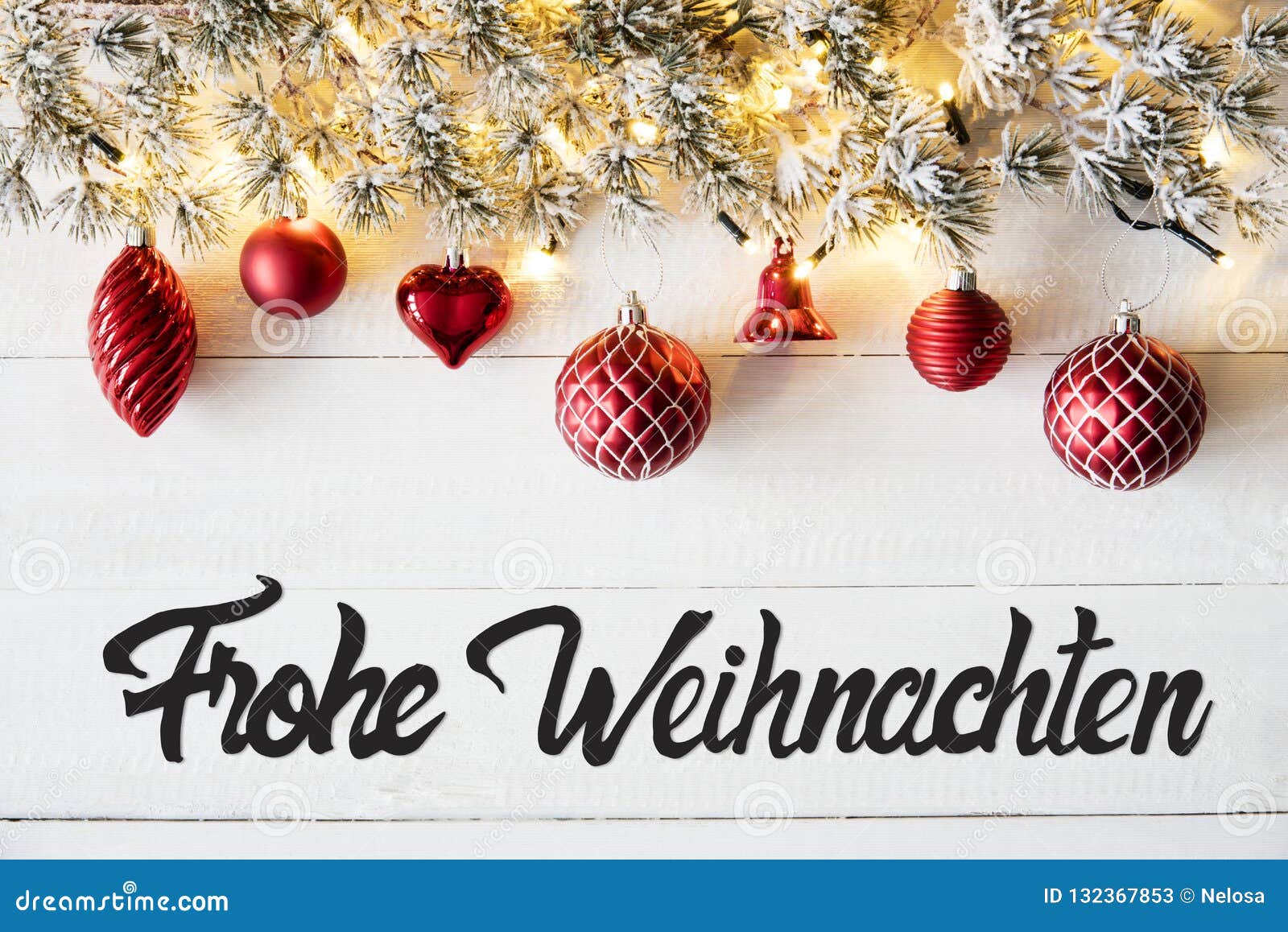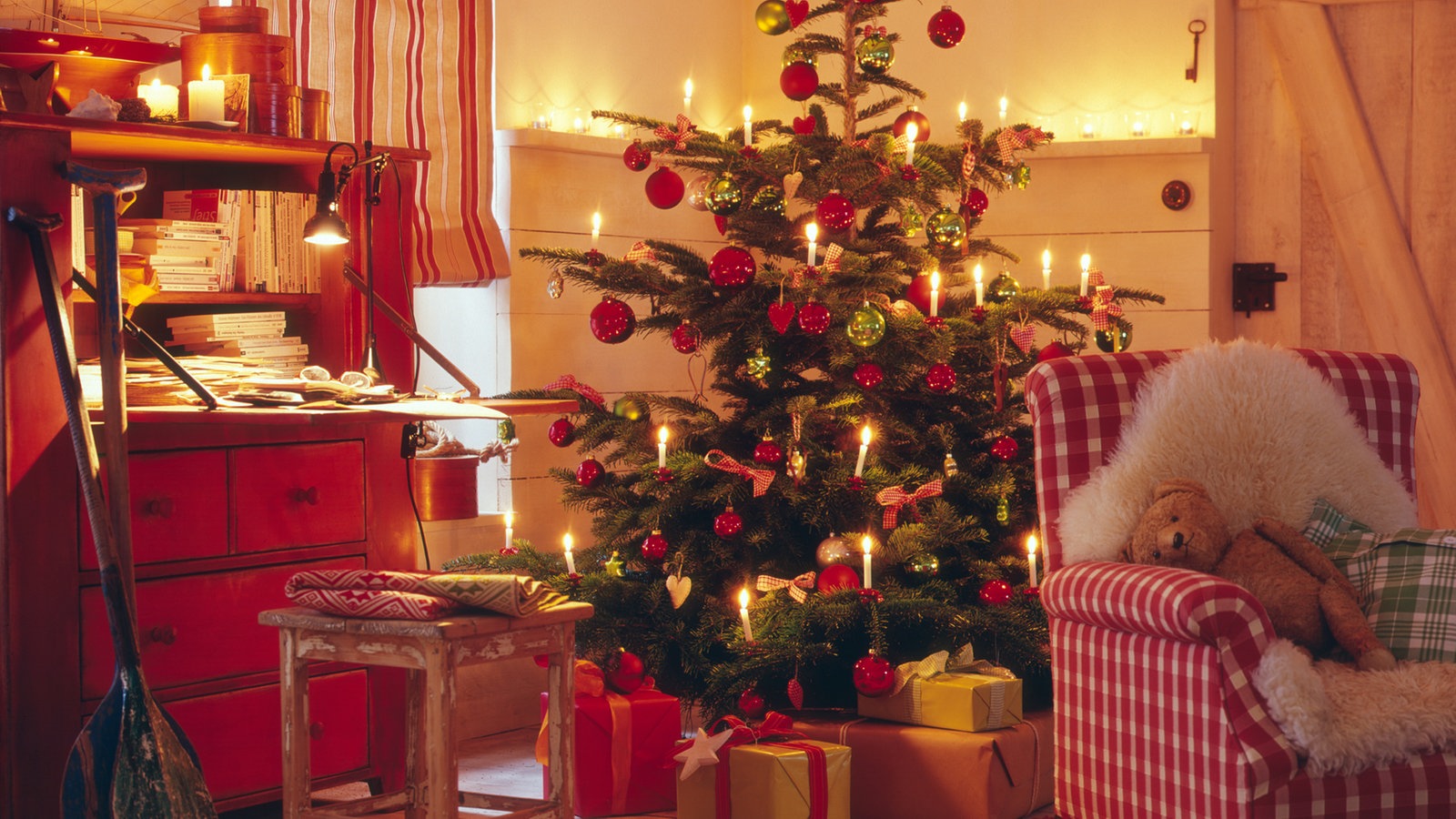Weihnachten

Weihnachten is a German word for what is commonly known as Christmas Eve in English speaking countries. Weihnachten is the term used in German-speaking countries like Germany, Switzerland, and Austria. All the preparations leading to Christmas are referred to as Weihnachten but the main day, the 25th of December, bears the heaviest weight. Weihnachten traditions are practiced in preparation for Christmas. These traditions have influenced Christmas and advent culture all over the world. Weihnachten is a season of celebration and spending time with family and friends.


Preparations for Weihnachten

Many families in the world celebrate Advent in their preparations for Christmas. It is the time they anticipate the religious celebrations that mark the birth of Christ. The traditional activities during advent celebrations include Adventskranz, also known as Advent Wreath. It is marked on the fourth Sunday before Christmas. Families usually sing Christmas carols around the wreath as they usher in the Christmas seasons. Children follow the proceedings of the advent calendar which comprises of twenty-four doors. Children open a door every day from December 1st up to the eve of Christmas. On opening the door, children find chocolates and other small prizes awaiting them.
Definition of Weihnachten in the Definitions.net dictionary. Meaning of Weihnachten. What does Weihnachten mean? Information and translations of Weihnachten in the most comprehensive dictionary definitions resource on the web. Christmas, or Weihnachten, is considered by Germans to be the most important of the major holidays. Although secularized and commercialized compared to Christmas celebrations of yore, the German holiday season is a time for introspection, celebration, and family and friends; it is less consumption-oriented than in the United States. Weihnacht translation in German - English Reverso dictionary, see also 'weihnachten',weihnachtlich',Weihnachtstag',Weihnachtsbaum', examples, definition, conjugation. Find album reviews, stream songs, credits and award information for Weihnachten - Helene Fischer on AllMusic - 2015. Weihnachten is a German word for what is commonly known as Christmas Eve in English speaking countries. Weihnachten is the term used in German-speaking countries like Germany, Switzerland, and Austria. All the preparations leading to Christmas are referred to as Weihnachten but the main day, the 25th of December, bears the heaviest weight.
Saint Nicholas is commemorated on December 6. On the eve of Nikolaustag, which is on December 5, children in Germany usually leave their shoes on doorsteps and street doors. The shoes are filled overnight with sweets and other small goodies for the kids. The shoes are filled with the goodies by a figure that is equivalent to Santa Claus in the United States. Weihnachtsbaum, also known as the Christmas tree, is usually erected in the afternoon, on December 24. The trees may be bought or trees from the forest are also improvised. On the eve of Christmas, many families in Germany prepare a simple meal before or after the session of gift exchange, known as bescherung. The most common and preferred meal on the eve of Christmas usually comprises of potato salad, fish, and fondue.
Order of Events on Weihnachten
Many people begin their celebrations of Christmas during the afternoon or the evening of December 24th. Most stores in German-speaking countries are usually open up to midday or up to 4 pm before the celebrations begin. The faithful go to church to mark their celebrations where mass and church services are conducted. The church services are usually scheduled to take one hour. Children’s service is usually shorter and dramatized with plays, which are referred to as Hippenstiel. After the church service, the families hold a gift-giving ceremony. The children wait until a bell rings for them to access their gifts which are usually wrapped in colorful gift papers and then put under the Christmas tree. As the children open their gifts, the adults can share presents amongst themselves. The most common meal prepared on Christmas Day comprises of roasted duck and fish.
After Weihnachten
December 26 is also considered part of Weihnachten, but it is often characterized by a serene and very silent ambiance. Most people spend their days indoors. On the second week of January, the Christmas trees are usually disposed of. The natural trees are left outside for proper disposal by the household collectors. The artificial trees are packed and kept safe for the next Weihnachten.
Origin and History of Christmas in Germany
It is believed that Christmas originated some 4000 years ago even before the birth of Christ to welcome the changes in nature. December 25th was chosen by the Romans to initially celebrate the rebirth of sun and nature. In present day world, December 25th marks the birthday of Jesus and is celebrated to remember his greatness and sacrifice. Like other countries Germany also celebrates Christmas to remember and honor Jesus. According to German history Christmas trees used during the celebration mark the honor of German God Yule.
Local name: Weihnachten
Ways to celeberate Weihnachten in Germany
Weihnachten In Deutschland De
In Germany the Christmas celebration begins a week before December. During Advent, wreaths are placed on the table and four candles are kept in the center. A month before Christmas, on every Sunday one candle is lit and the last one is lit on the Christmas Eve. Even though there are lots of preparations from a month before Christmas, but the actual celebration starts on December 6th which is known as St. Nicholas Day. According to German traditions on the night before December 6th, kids hang their shoes outside their door. It is believed that St. Nicholas’ a Holy Spirit travels from one house to another filling the shoes of good children with delicious treats and placing twigs in the shoes of naughty children. The Christmas trees are an integral part of German Christmas celebration, thus the trees are decorated beautifully a day before Christmas i.e. on Christmas Eve. On Christmas day like any other countries the celebration begins with special prayers in church. This is followed by the traditional Christmas meal which includes plump roast goose, turkey, suckling pig, white sausage, macaroni salad, marzipan etc.